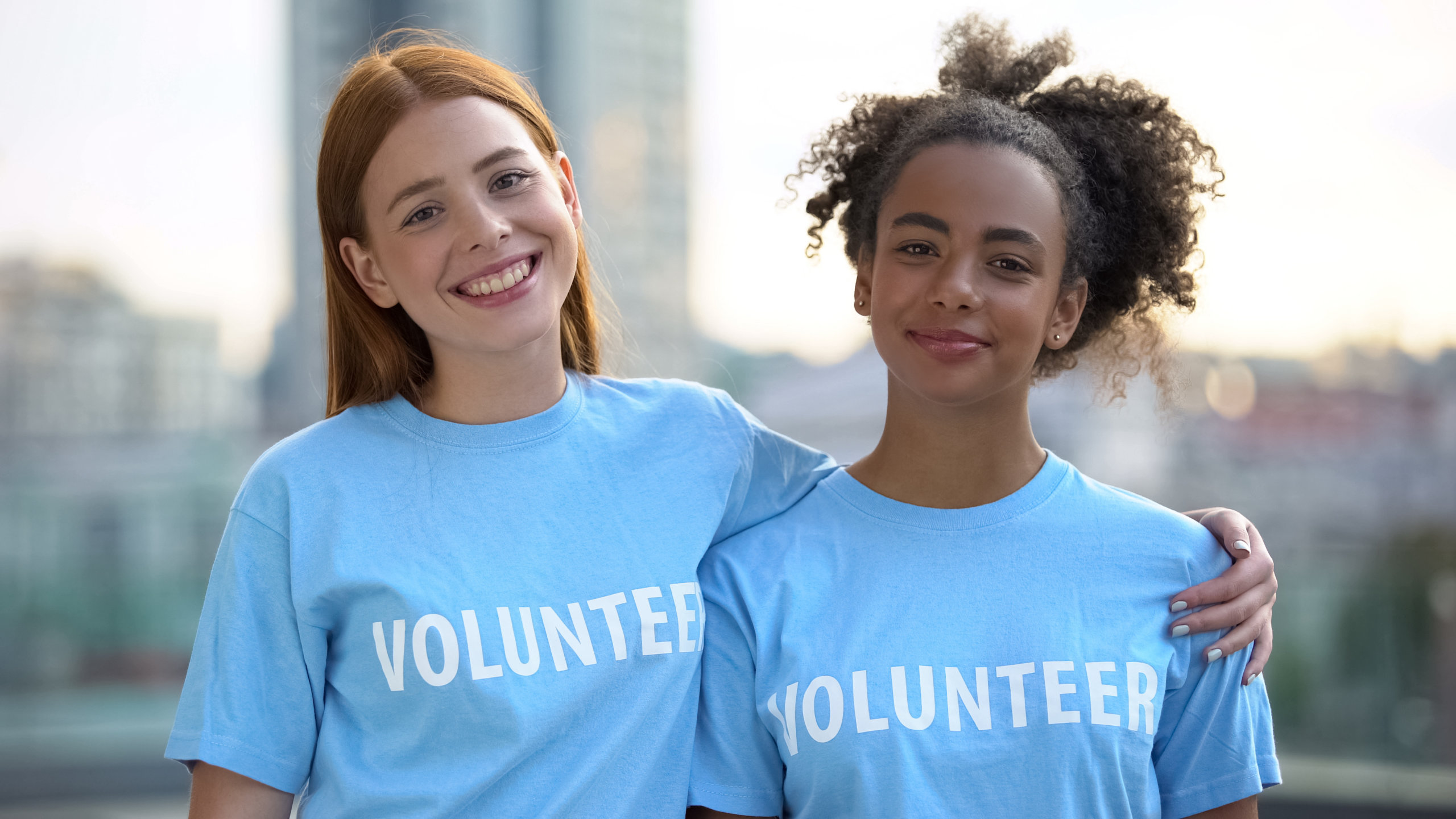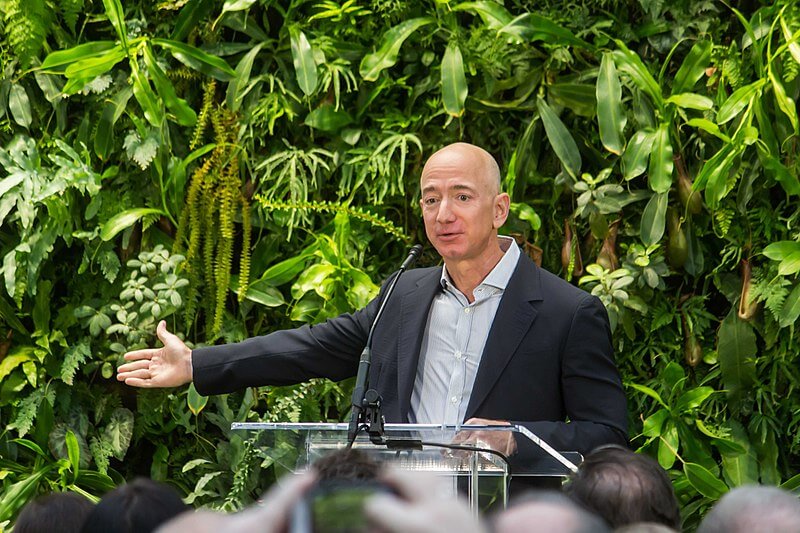Jeff and MacKenzie Bezos recently declared their first philanthropic endeavor. “The Bezos Day One Fund” is expected to tackle two issues: homelessness and early education. Bezos explained that his organization would tackle homelessness by serving as a supplemental source of operational funding for other nonprofits invested in aiding homeless families. His approach to early education would be managed more directly, seeking to establish a network of high quality nonprofit preschools within low-income areas. Bezos has high expectations that his business acumen will lead his charitable efforts just as well, specifically saying he would use the same guiding principles that led Amazon to excel: an obsession with satisfying customers. In this particular case, the “customers” are children.
Because technical jargon in marketing can be troubling, here is an assessment of what Bezos’ child-first schooling would look like. Bezos schools would mimic the unstructured approach used by Montessori schools. While that may sound scary, 4-year-olds are not exactly needing of intense structure.
Alina Adams, author of a “Getting Into NYC Kindergarten,” explained that parents tend to be overwhelmed with choosing a preschool. The market is loaded with dozens of keywords, leading to further confusion regarding which institution would be best for a human recently-freed of diapers.
The bulk of preschooling revolves around keeping children engaged while their parents work. Things like socialization or advancing cognitive development can occur elsewhere. One Head Start program study indicated that preschooling laid the groundwork for better adult earnings and educational gains for mothers. The ideal preschool scenario would be a mixture of daycare and schooling. When looking to low-income families, as Bezos is, the ability to offer flexible hours would be of great benefit.
Another approach the Bezos schools could take with their focus on aiding children is to offer lots of time outdoors. Free play has continued to diminish in public schools since 1955, partly because parents have risen in control over what children get to do and, consequently, lead to the increasing prevalence of depression and anxiety in children. Keeping that play outdoors would help in managing stress, obesity, and other health issues by exposing children to nature.
Bezos’ schools will have the greatest success if they work toward customizing education down to each child, rather than adhere to one-size-fits-all approach most institutions take.

